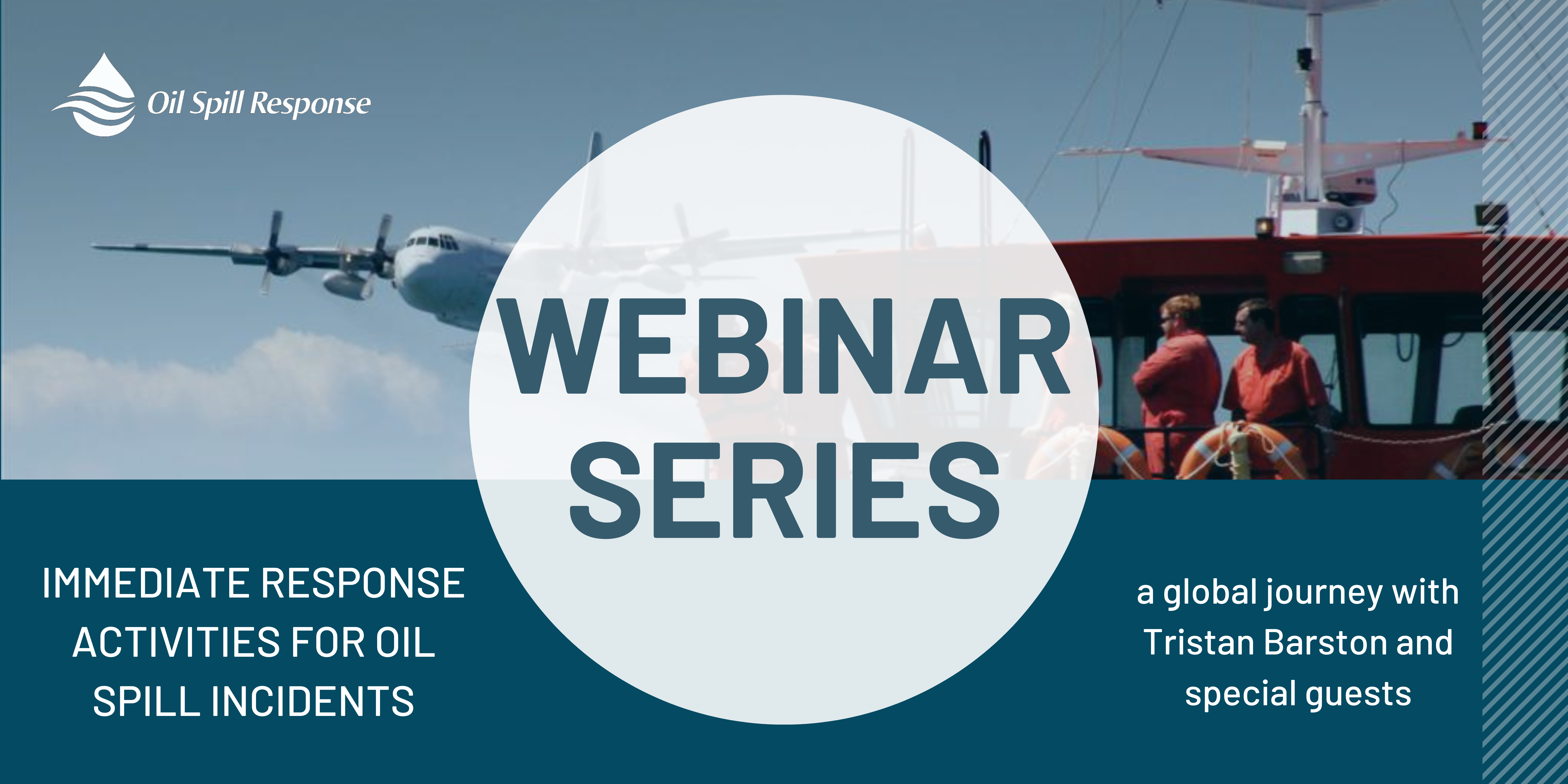quinta-feira, 12 de setembro de 2024
Why Immediate Response Matters
Oil spills can occur unexpectedly, disrupting normal operations and posing environmental risks. Swift and well-coordinated responses are critical to minimising damage, protecting ecosystems, and ensuring public safety. Our goal is to empower you and your organisation to act confidently when faced with an oil spill emergency.
What to Expect
Throughout four engaging webinars, we’ll dive into the heart of immediate response activities. From the moment an incident occurs to the final post-incident review, we’ll cover key steps, best practices, and real-world examples. Expect a blend of expert insights, case studies, and interactive discussions.
Who Should Attend
- Facility Managers and Operators: Learn how to lead response efforts efficiently.
- Emergency Response Teams (ERT): Enhance your skills and coordination.
- Environmental Professionals: Understand the ecological impact and mitigation strategies.
- Regulatory Agencies: Gain insights into industry practices and compliance.
Our Approach
While maintaining a professional tone, we encourage active participation. Feel free to ask questions, share experiences, and contribute to the collective learning. Let's make this a dynamic and enriching experience!
Remember, each webinar builds upon the previous one, creating a holistic understanding of oil spill response. So, grab your virtual seat, prepare your favourite beverage, and let’s embark on this educational journey together!
Webinar Series Overview
Webinar 1: Incident Occurs, Initial Assessment, and Raising the Alarm
- Incident Occurs - Understand the scenarios that trigger oil spills and the urgency of response.
- Initial Assessment - Learn how to quickly assess the situation, locate the spill, and estimate its size.
- Raising the Alarm - Discover the steps to notify relevant personnel, including emergency contacts and regulatory agencies.
- Mobilise Response Resources - Activate response teams, equipment, and resources promptly.
Webinar 2: Mobilising Additional Response Resources and Establishing an Operations Centre
- Mobilising Additional Response Resources - Strategies for requesting specialised support (teams, equipment, contractors).
- Establish Operations Centre - Set up a central command post for effective coordination.
- Receive Updated Incident Assessment from ERT - Continuously assess the spill’s impact and adjust response actions.
- Set Goals and Assign Tasks - Define objectives and allocate responsibilities.
Webinar 3: Monitoring Response Effectiveness and Updating Key Stakeholders
- Monitor Response Effectiveness - Track progress, evaluate tactics, and adapt as needed.
- Log Activities - Accurate record-keeping during the response phase.
- Update Key Stakeholders - Communicate with regulators, neighbouring facilities, and the public.
Details:
Join Tristan Barston and guest on the third part of this journey into immediate response activities.
- Date: 12 September 2024
- Time: TBC
Webinar 4: Validating Recovery, Closing the Incident, and Post-Incident Review
- Validate Recovery - Verify the spill area is clean and safe for re-entry.
- Close Incident - Conclude the response effort and transition back to normal operations.
- Post-Incident Review - Reflect on lessons learned and document best practices.
Note: The information contained within this webinar series has been adapted from industry best practices and regulatory guidelines.
Disclaimer: This webinar series provides general guidance. Always consult your organisation’s specific protocols and local regulations.




